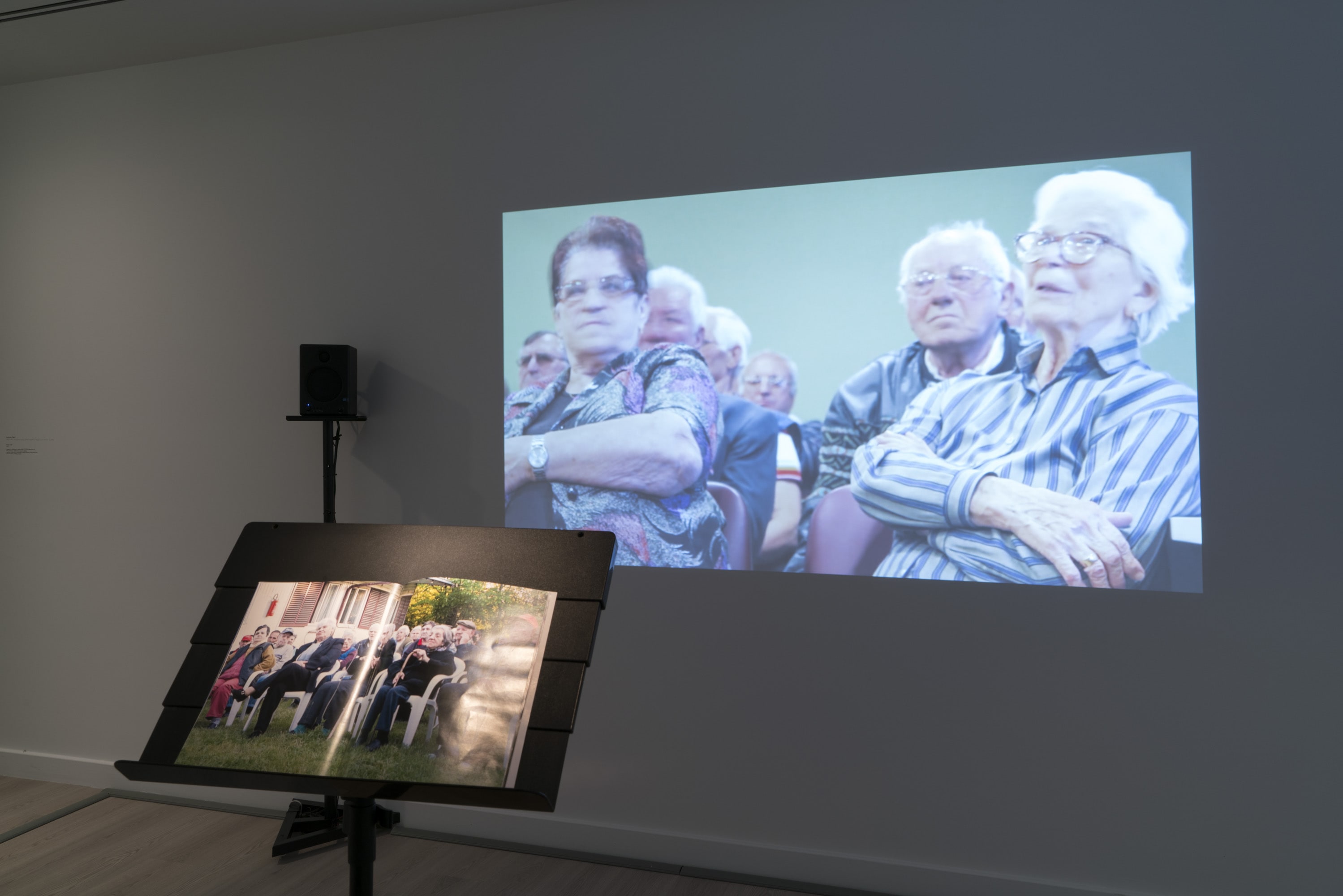Director: Amos Gitai
Cast: Hippolyte Girardot, Jeanne Moreau, Dominique Blanc, Emmanuelle Devos Screenplay Dan Franck, Jérôme Clément
Israel, France, Germanay; 88’, 2008, color
French, German with Turkish subtitles
Modern day Paris. Victor, a man of around forty years of age is standing alone in front of the "Mur des Noms", a memorial to the French Jews who were deported during the Nazi occupation. Deep in thought, he looks at the engraved names of the victims of the Holocaust. Paris, twenty years earlier. Rivka lives in an apartment full of rummage, beautiful antiques and plenty of memorabilia. The old lady is preparing the evening meal for her son. On television there is a programme covering the opening session of the trial against Klaus Barbie - the "butcher of Lyon", Gestapo chief and leader of a regiment of terror who, having been extradited from Bolivia to France in 1983, is now standing trial for the deportation of Jews as well as his crimes against humanity. Although Rivka tries to keep her feelings under control, no sooner does she hear the voice of one witness at the trial, a survivor, than she can no longer suppress her emotions. Meanwhile, her son Victor is in his office. He too is following the beginnings of the trial on television. Victor's desk is littered with letters and documents concerning his family; he is trying to order his family's history, now strewn all over the table. He is so lost in thought that he doesn't even acknowledge his secretary's questions. During the evening meal with Rivka it becomes clear just how close mother and son are. And yet, neither mentions the news of the day that has affected them both so deeply. Whenever Victor brings the conversation around to Barbie's trial, Rivka finds an excuse to get up from the table.
Trailer

Our Cold Front from the Balkans exhibition focuses on different generations of artists and art groups from the Balkan region. Throughout the exhibition, we keep sharing detailed information about the artworks. Take a look at Mark Požlep’s “Stranger than Paradise” video installation. Also you can check our interview with the artist on our YouTube channel!
Tuesday - Saturday 10:00 - 19:00
Friday 10:00 - 22:00
Sunday 12:00 - 18:00
The museum is closed on Mondays.
On Wednesdays, the students can
visit the museum free of admission.
Full ticket: 300 TL
Discounted: 150 TL
Groups: 200 TL (minimum 10 people)